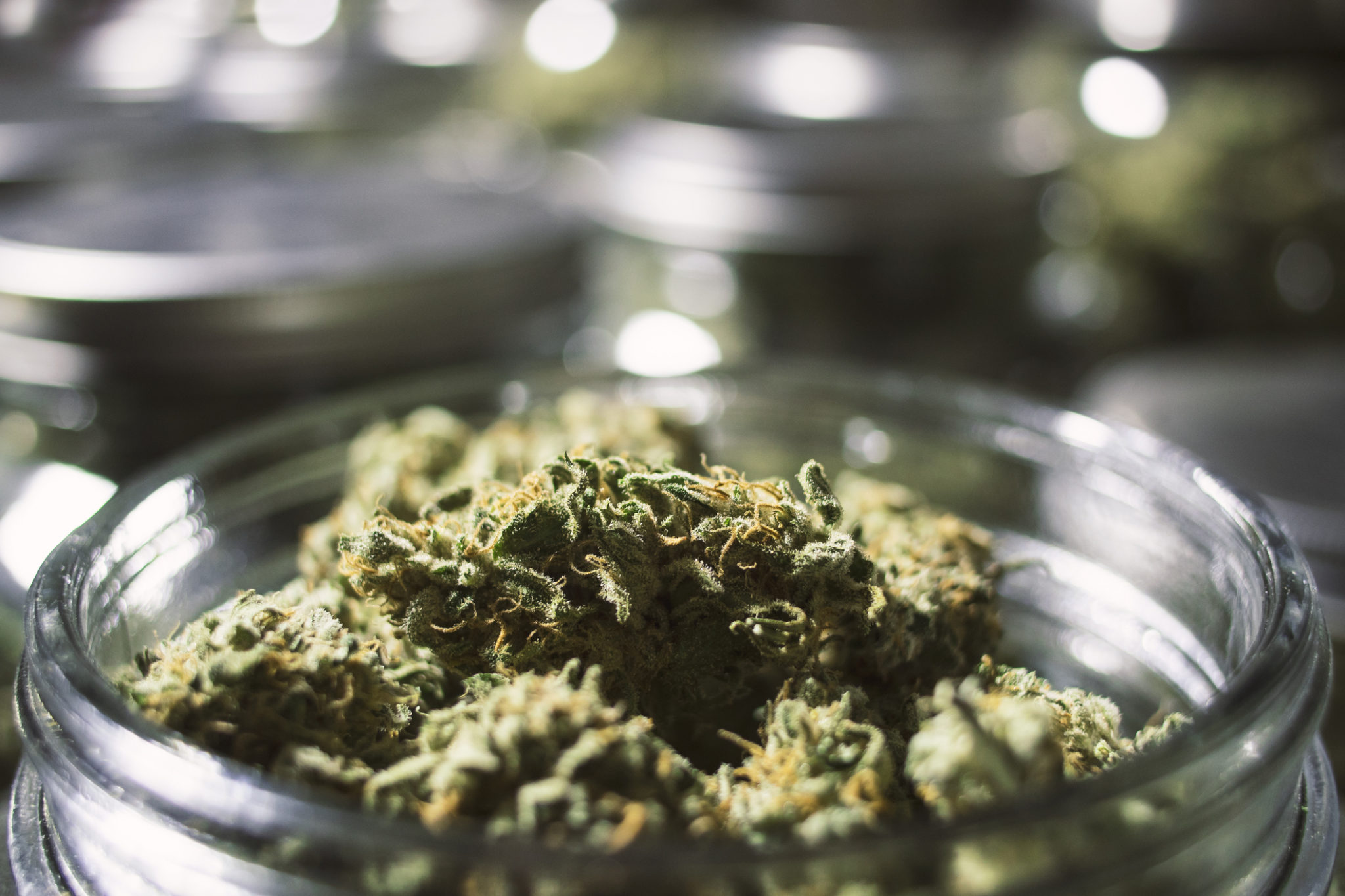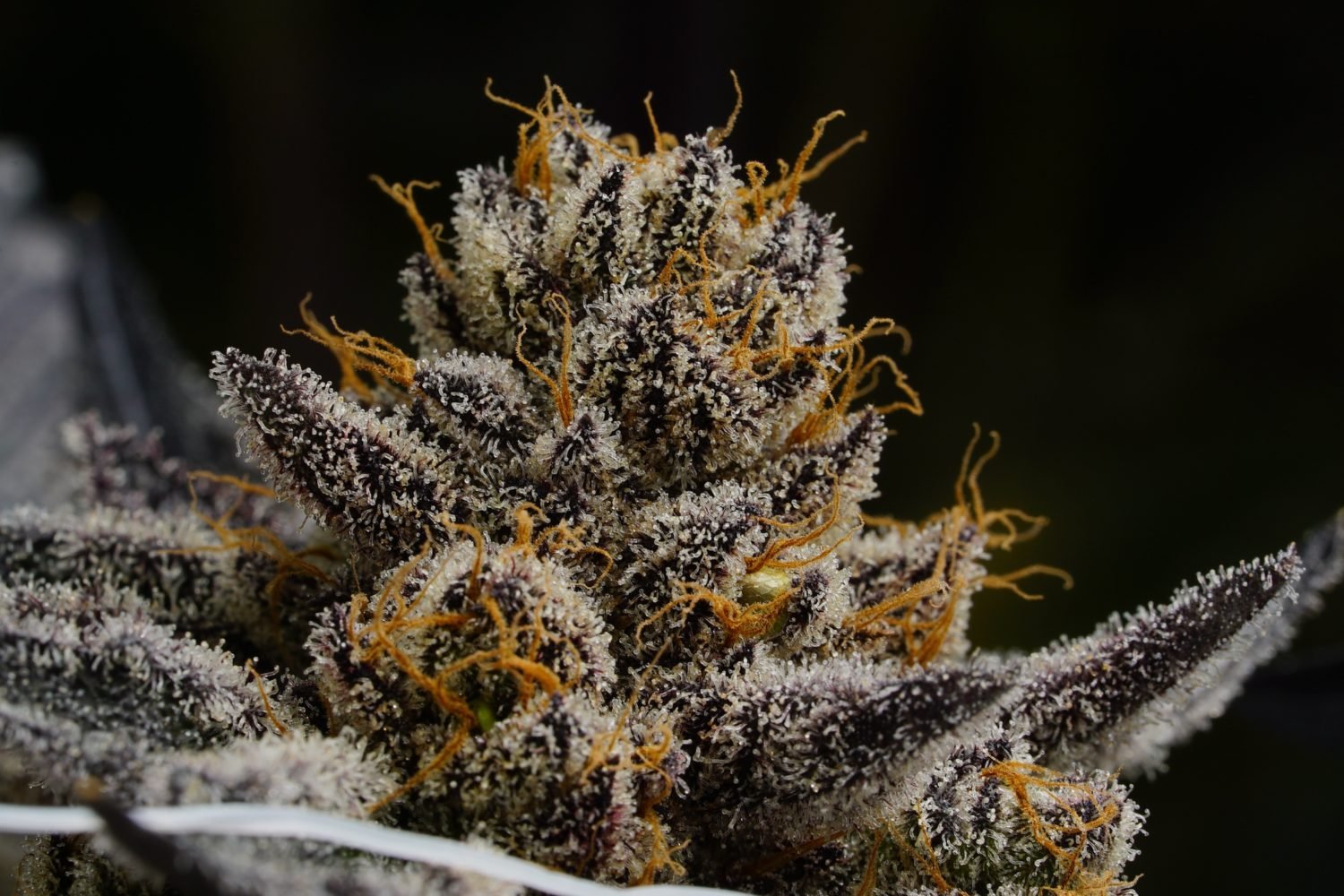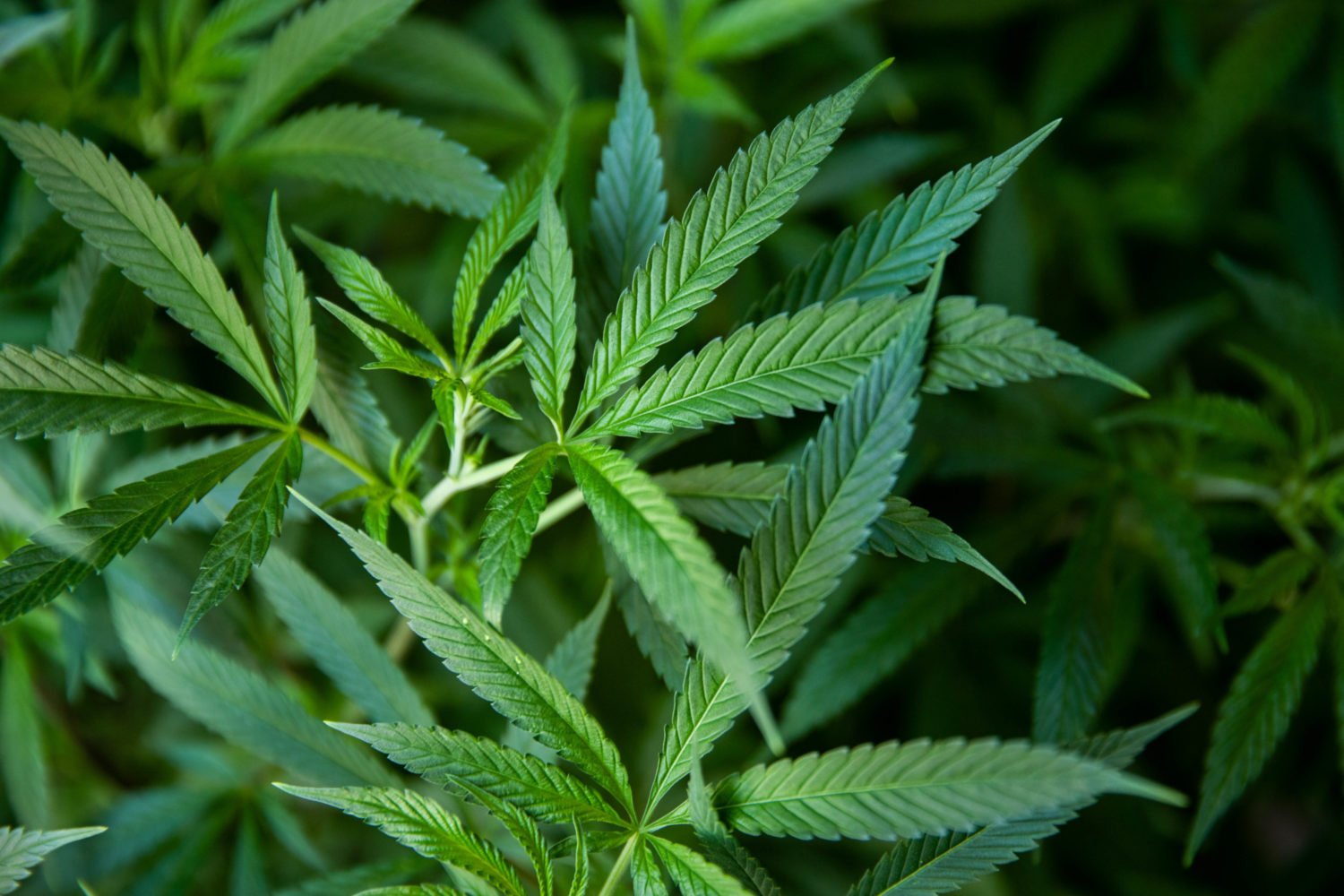If you consume cannabis via vape cartridges, the news right now is as bad as if you consume nicotine via e-cigarettes. The CDC has identified more than 450 cases of severe pulmonary disease and six deaths associated with products that heat liquids so users can inhale their contents. Cannabis users typically encounter such liquids in cartridges, using a device known as a vape pen.
The issue may be tocopherols, commonly known as vitamin E oils. Vape-cart manufacturers may mix these oils with THC distillate—the best-known psychoactive compound in weed—as as a preservative or to stretch their supply. When vaped, tocopherols can cling to the fluid that lines your lungs, essentially “like Saran-wrapping the inside of your lungs,” as David Downs reports for Leafly. Topcopherols are “rampant” in illicit markets for vape cartridges, Downs reports, but they can also be found in products for sale on the legal market. Thickeners that add terpenes—the organic compounds that give marijuana strains their particular tastes—are another area of concern.
Cartridges purchased through DC’s medical marijuana dispensaries are safe, says Chanda Macias, the owner of National Holistic Healing Center in Dupont Circle. “We can only purchase products from Department of Health-approved cultivation and manufacturing sites,” Macias, who has a Ph.D in cell biology, says. “All the ingredients in all of our products have to be organic, and they have to be approved by officials.” DC’s health department, she says, would never allow vitamin E oils. “I can tell you in Washington, DC, we have not had an issue with that that I am aware of. I can tell you this that a lot of these cases that are stemming from vapes are from the illicit market.”
Joe Tierny is not as sanguine. Tierny, also known as the Gentleman Toker, publishes reviews of weed products available in DC, both on the medical and recreational markets. He’s been sounding alarms about vape cartridges for months. A death in Oregon may be related to products the victim purchased at a dispensary, he notes. In his most recent newsletter, Tierny writes that given the pileup of bad news with regard to vape cartridges, “it is possible there is NO safe vape to consume, and so I must advise you to STOP VAPING RIGHT NOW TODAY STOP IT.” Just because there’s less of a risk among DC vape carts, Tierny says, doesn’t mean that they’re necessarily safe.
There is a form of vaping that’s probably a lot safer: “vaping flower.” That means using a device that heats good old fashioned pot in a chamber and releases its active compounds as vapor. (Here are two good guides if you’re looking to purchase a portable vape.) “I actually have found it better than vaping from an oral cartridge,” Macias says. The tradeoff is convenience: vape cartridges heat almost instantly and are always ready to go. Portable flower vapes need to be loaded and require more cleaning. While noting that he’s not a doctor, Tierny says, “If you ask me my gut feeling, I would say the flower vapes are okay.”
That doesn’t mean anything is safe, Tierny says. He’s seen flower that smelled of ammonia (indicating too much nitrogen fertilizer), flower that smells of feet (perhaps an indication of bacteria), flower that smells of mold (indicating…mold). He has a guide for how to recognize bad weed. This unevenness among producers can lead to a lot of tough decisions for people who need cannabis for medical conditions or for relieving stress or anxiety (which Macias says she considers a medical use as well). “I’m one of these people who has to make a decision about my mental health versus my physical health,” Tierny says. He tends to smoke his weed or dab, which is a whole other topic.
Both Tierny and Macias say all this uncertainty stems from the federal government’s tortured relationship with legal cannabis. The US government has made marijuana research difficult until very recently, and as Politico reported Thursday, President Trump‘s recent interest in vape safety completely ignores cannabis vaping.
Without federal involvement, regulatory oversight falls to the states. But there has been no real call to action to revisit existing regulations. … A few pro-cannabis lawmakers and many advocates reiterate that this goes to show how badly the federal government needs to legalize marijuana, because then the FDA will be at liberty to issue uniform basic regulations that all states must meet within the industry.
Or, as Macias puts it, “Prohibition means there’s less public safety.”




















